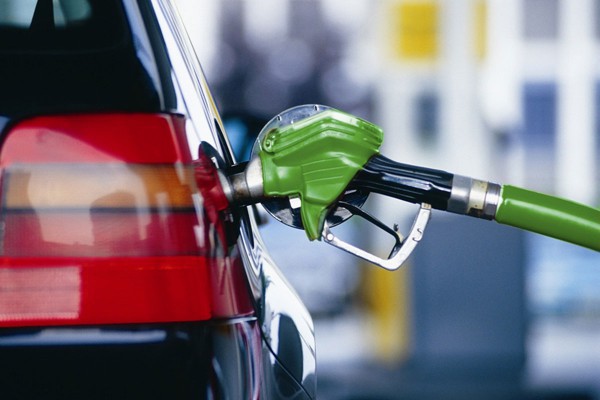


ArmInfo. Deputy Chairman of the State Revenue Committee of Armenia Vakhtang Mirumyan considers unjustified statements that raising the base rate of excise taxes on gasoline, diesel fuel and liquefied gas can lead to an increase in the tax burden for citizens and economic entities of the country.
He said this on January 23 at a hearing in the parliament on the "Causes of rising prices for certain types of goods and opportunities to mitigate the consequences of this."
Vakhtang Mirumyan recalled that from January 1, 2018 the new Tax Code came into force, within which the base rate of excise on fuel was increased. This, according to Mirumyan, was almost the only tax change that led to a certain increase in the tax burden. In parallel, the TC envisaged more than two dozen proposals aimed at improving the business environment and mitigating taxation conditions. "In this case, excise tax was considered, in fact, the only type of tax that could compensate for losses of state treasury, expected by the results of measures to improve the business climate," - said the deputy head of the SRC. The main question asked by the Committee is whether raising the excise tax rate on fuel can have a chain effect and lead to an increase in prices for certain types of goods. So, since January 2018, excise tax on gasoline and VAT (per 1 ton) has been increased by 15 thousand drams, that is, 15 drams per 1 kg. "It's not a secret that in Armenia gasoline is not used for industrial or commercial purposes, therefore, it is more than obvious that raising this tax can not lead to an increase in prices for final goods," Mirumyan said. On the ordinary consumer - the income of the socially unprotected strata of the population also will not affect the increase, since, according to the tax and customs service, this group of citizens exploits vehicles on liquefied gas, the purchase of gasoline is the privilege of wealthy consumers. The increase in the excise duty on liquefied gas, plus the VAT amount per 1 cubic meter, was 20 drams, thus ensuring a return to the indicator for the year 2015. "In this price environment, public transport has already worked, so do not expect an increase in the tariff for public transport," he said. As for the vehicles used by ordinary citizens, Vakhtang Mirumyan recalled that the new norms of the TC provided for a reduction in the tax burden for citizens who receive wages less than 279 thousand drams, which is 540 thousand or 90% of all employees. Thus, according to the official, if something has gone somewhere, it has arrived and there is an opportunity to compensate for additional expenses. According to the excise duty on diesel fuel Vakhtang Mirumyan noted a decrease in the base rate from 35 thousand to 13 thousand drams (per 1 ton). At the same time, taxation of this type of fuel is included in the field of VAT regulation. And if by 2018 the price of diesel fuel was set at 380 drams, as a result of the changes it reached 440 drams. At the same time, thanks to the changes, today the carrier can claim a VAT refund of 74 drams. "In fact, the cost of diesel fuel is 366 drams, that is, 14 drams less than it was before the entry into force of the Tax Code," he explained. In the absolute loss is the sphere of agriculture, because it is exempt from VAT and can not hope for a similar "bonus" of tax regulation. Nevertheless, Vakhtang Mirumyan considers unjustified statements that raising the base rate of excise taxes on gasoline, diesel fuel and liquefied gas may lead to an increase in the tax burden of citizens and the country's economy.